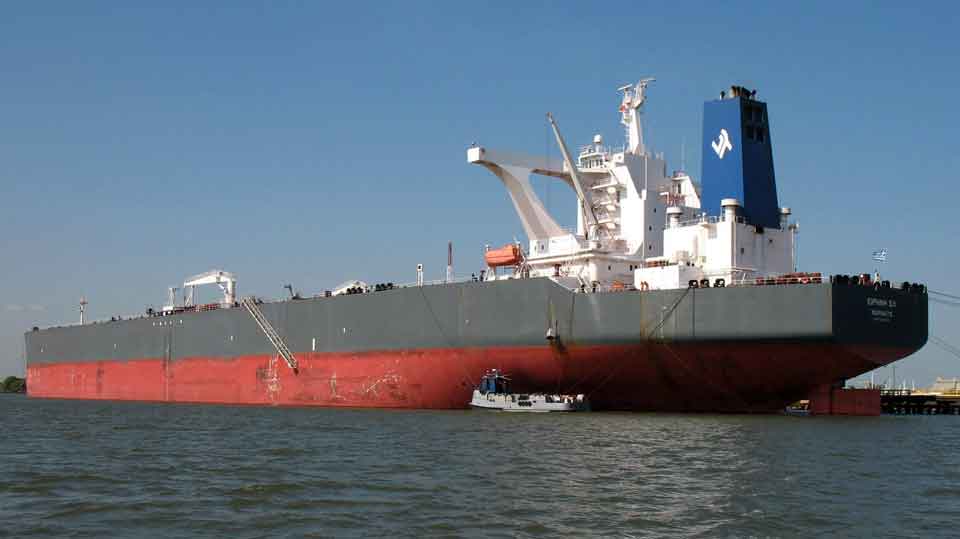Virus impact on Greece seen at 1.5 pct of the country’s GDP

The epidemic that started in the Far East and has spread to Greece’s close neighbors is expected to have multiple impacts on local economic activity.
The extent and severity of the consequences will depend on many parameters, above all the speed at which the coronavirus is curbed, something which is expected to happen with the rise in temperatures and the containment of infections, economists say.
However, the effects are already apparent in Greece in terms of both economic sentiment and real activity in sectors ranging from tourism and shipping to transport and manufacturing.
Economists focusing on Greek tourism say that a fairly likely scenario sees takings from abroad that currently amount to 10 percent of gross domestic product shrinking by one-tenth.
That would shave some 1.8 billion euros off the Greek economy. If one adds shipping, that accounts for some 7 percent of the economy, with a similar shrinking of 10 percent, the virus’ effect would deduct about 1.5 percentage points from Greece’s GDP, or some 2.7 billion euros.
There is also the most optimistic scenario, providing for the containment of the virus by April so that demand bounces back to cover the gaps and banish the worst-case scenarios.
Many manufacturers using raw or intermediary materials – such as pharmaceutical, chemical and personal care product companies – are unable to get their hands on the supplies required to continue production.
The drop in global trade due to the lull in Chinese activity means a slump in demand for the shipping of raw materials and end products as well as crude oil and fuel.
Therefore, the dry-bulk market is at four-year lows, while there is also pressure on the tanker and container markets too.





